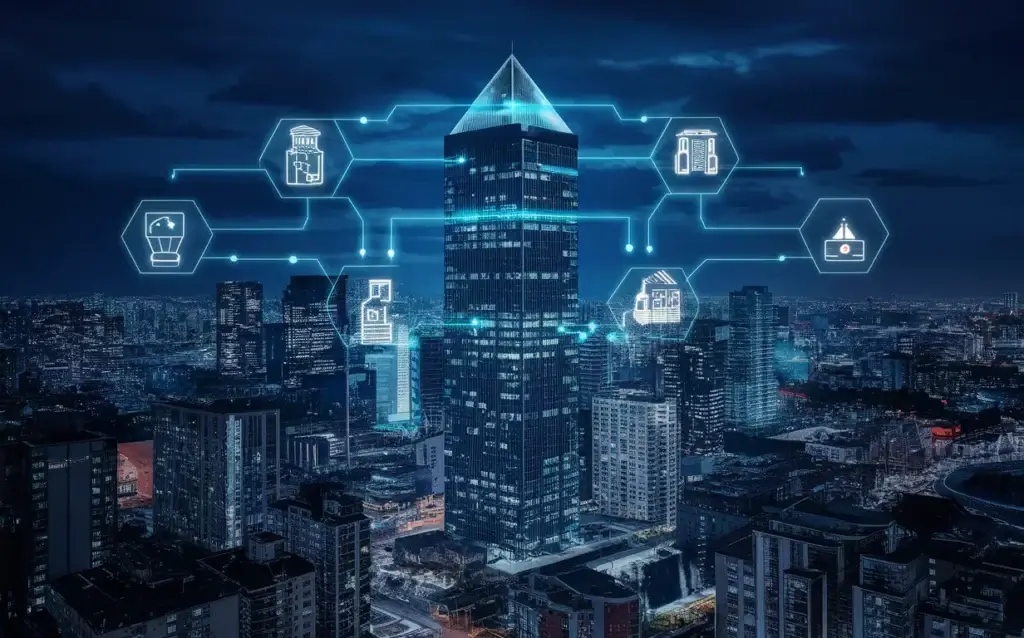Efficiently manage commercial property
Die effiziente Verwaltung von Gewerbeimmobilien ist ein zentraler Faktor für den nachhaltigen Erfolg von Immobilieninvestitionen. Eine professionelle Gewerbeimmobilienverwaltung gewährleistet die optimale Nutzung der Immobilie, maximiert die Mieteinnahmen und minimiert die Betriebskosten. Zudem trägt sie maßgeblich zur langfristigen Werterhaltung und -steigerung der Immobilie bei. In einem wettbewerbsintensiven Marktumfeld ist dies von besonderer Bedeutung für Investoren und Eigentümer, die eine Optimierung ihrer Renditen anstreben. Das Aufgabenspektrum einer effizienten Gewerbeimmobilienverwaltung umfasst diverse Bereiche: […]
Efficiently manage commercial property Read more »




















